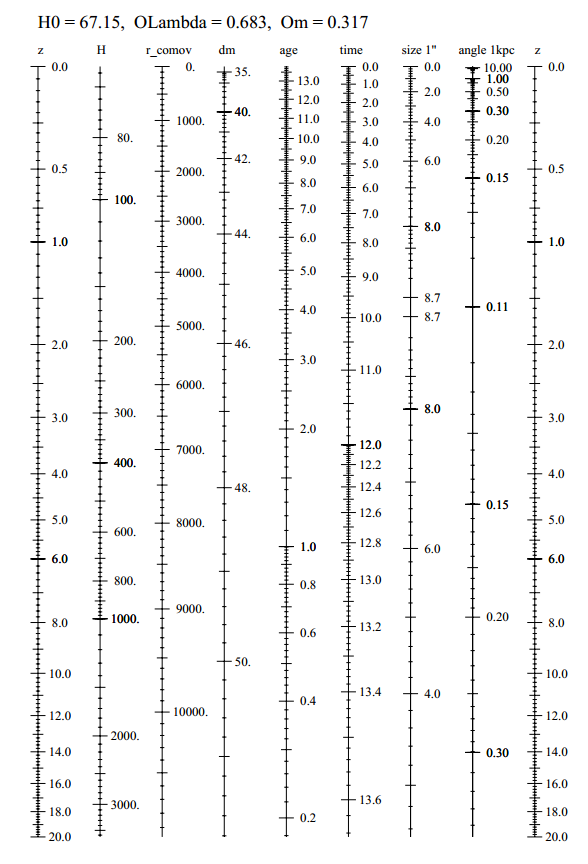- We Need Nuclear-Powered Airplanes, Not Solar-Powered Ones
Making liquid fuels from low-carbon sources is better than mounting solar panels on planes.
It’s being billed as a triumph for solar power, but the Solar Impulse solar-powered airplane could also be seen as an illustration of just how amazing liquid fuels like jet fuel are, and how far solar power and battery technology would need to go to challenge them. A far better idea than solar-powered flight is nuclear-powered flight, although I don’t mean putting nuclear reactors on airplanes as the U.S. government once proposed (see these two pdfs). Let’s use fission to make low-carbon fuel.



- I'm Boycotting "Intuitive" Interfaces
My pledge to never use the “i”-word about technology again. (I’ll need help keeping it.)
I have a problem with “intuitive interfaces,” and if you care about how technology connects with people and with itself, you might have a problem too. My problem is that I keep talking about “intuitive interfaces” as if they exist. They don’t. No such animal. Never has been, never will be.



- Akamai’s Plan for a Wireless Data Fast Lane
Clogged wireless networks spur a plan to speed data to smartphones, for a price.
No matter how quickly you dispatch data over the Internet, the last link is increasingly a wireless link to a customer’s smartphone or tablet. Those links are slower and sometimes congested. These days, while the average desktop Web page loads in two to three seconds, the average mobile Web page takes about eight seconds—sometimes causing shoppers to abandon transactions.



- Google Keep vs. Evernote: No Clear Winner
Google’s Keep app copies key Evernote functions, but there’s plenty of room for both note-taking apps.
We’ve all heard that imitation is the sincerest form of flattery. But when a tech heavyweight like Google imitates a popular tool like the note-taking app Evernote, it can feel more like a land grab.



- How to Make a Computer from a Living Cell
Genetic logic gates will enable biologists to program cells for chemical production and disease detection.
If biologists could put computational controls inside living cells, they could program them to sense and report on the presence of cancer, create drugs on site as they’re needed, or dynamically adjust their activities in fermentation tanks used to make drugs and other chemicals. Now researchers at Stanford University have developed a way to make genetic parts that can perform the logic calculations that might someday control such activities.



- This Modular Tablet Could Be the Future of Gaming — and Computing
Lessons from the Razer Edge, the promising new gaming tablet.
The Razer Edge, a new gaming tablet running Windows 8, sure looks like the future of computing. The key is its modularity–its ability to switch-hit, and switch-hit again, reinventing itself as a handheld gaming device, a tablet, a console, a computer, right before your eyes. CNET calls it, aptly, the “Swiss Army gaming tablet.”



- A Voice-Analysis App to Diganose Concussions
A voice-analysis program could help coaches recognize concussions ringside or on the side lines, say researchers at the University of Notre Dame.



- A Cheaper Way to Make Hydrogen from Water
University of Calgary researchers create new method for making water-splitting catalysts using abundant metals.
One of the main barriers blocking wide-scale use of fuel cells is the expensive catalysts used to produce hydrogen fuel from water. Researchers at the University of Calgary say they have developed a novel method for making catalysts using inexpensive metals.



Digest powered by RSS Digest







